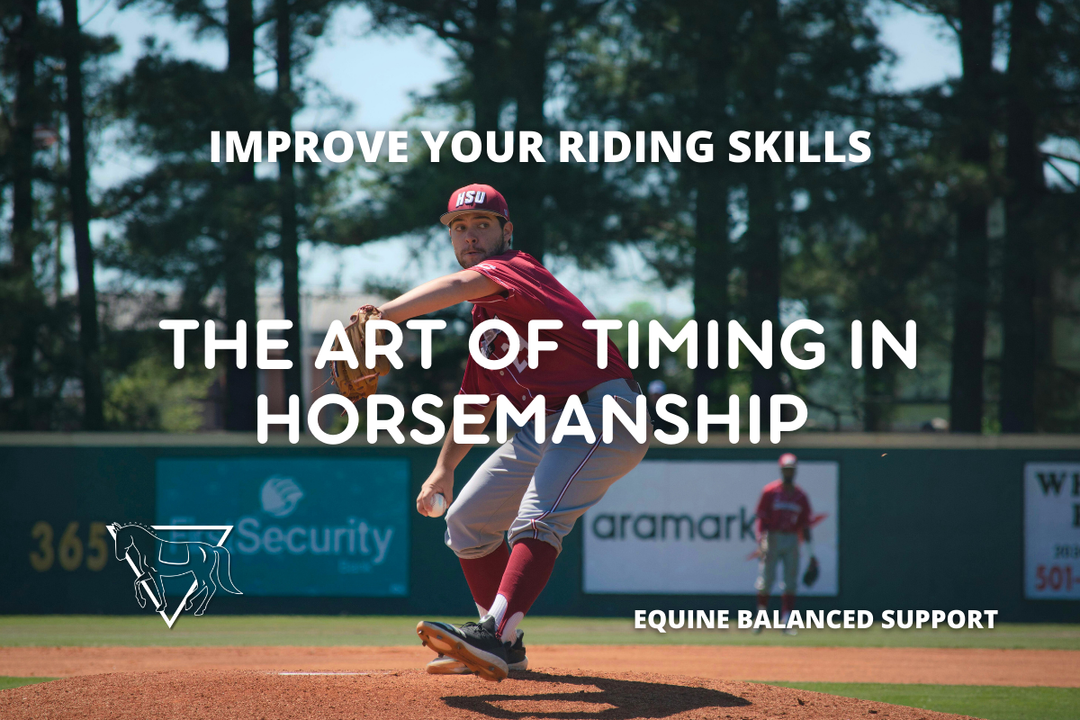Smooth Transitions: Proven Tips to Help Your Horse Adjust to New Surroundings

Smooth Transitions: Helping Your Horse Adjust to New Surroundings
As caretakers, we play a crucial role in helping horses adapt to new environments. Whether it's a relocation, travel, or competition setting, our actions can significantly impact their ability to adapt swiftly, which is essential for their performance and well-being.
Preparation Before the Move
The key to a smooth transition starts with preparation. Familiarizing your horse with aspects of the new environment beforehand can lessen their stress. Introduce them to sounds and sights similar to those they might encounter, including playing recordings of arena sounds for competition settings or using stall bedding like the one at the new barn.
Transportation Considerations
Stress from transportation can significantly affect how quickly a horse settles into a new environment. Ensure that the transportation is as comfortable and stress-free as possible. Use well-ventilated, spacious trailers and provide frequent breaks on longer journeys. Familiar bedding and hay from home can make the trailer feel more secure.
Maintain a Routine
Horses thrive on routine. Keep feeding, exercise, and rest schedules as close as possible to those at home. The familiarity provides a sense of security and helps reduce anxiety. When possible, bring feed and water from home to ease the transition.
Gradual Introduction
Once at the new location, allow your horse to acclimate to its surroundings gradually. Start by walking them around to explore the area leisurely, allowing them to sniff and look around.
Training and Focus
Integrate focus-enhancing exercises into their training routine to help your horse focus during competitions or in new environments. Practice exercises that require attention and mental engagement. Reward calm and focused behavior consistently to reinforce these traits.
Social Comfort
Consider allowing your horse to establish a social connection with a familiar horse or a new companion already accustomed to the environment. Having a stablemate can provide comfort and reduce stress, especially for inexperienced horses.
Environmental Enrichment
Make the new environment appealing and engaging for your horse, ensuring ample opportunity to move and exercise. This helps occupy their minds and eases the adjustment process. Short hand-walks and time spent grazing can help horses remain calm.
Monitor and Adapt
Keep a close eye on your horse's behavior and health. Signs of stress can include changes in eating habits, aggression, or withdrawal. Be prepared to adapt your strategies based on your horse's specific needs and responses.
Looking for a supplement to help ensure your horse feels their best while traveling? Shop here: MED-VET Gastro-Plex (Pellet) – Equine Balanced Support. We recommend beginning at least 48 hours before transporting your horse.






Leave a comment